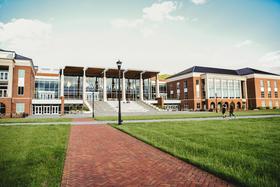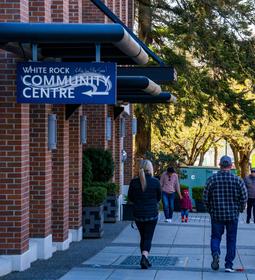Community colleges nationwide have implemented specific support programs to stimulate student support and success. Often referred to as “mentor services” or “mentor programs,” community college mentors can be paramount leaders for guiding and encouraging younger students. Mentors are often older community college students who have demonstrated specific academic or professional successes in their collegiate studies. By sharing their knowledge and insight with new and younger students, community colleges have designed robust programs to enhance the success of all students and campus members.
What is a Mentor Program?
While each community college has its unique mentoring program, the general concept focuses on pairing a new or young student with an older, more experienced student. Often, mentors will guide new students by helping them set their schedules, by providing campus tours, or by offering to serve a new student as an academic tutor or study buddy.
When engaging in a mentoring program, mentors are considered the “experts” in their field or organization, while mentees are the more novice and less experienced organization members. In the case of community colleges, mentors are usually students, although they may often also be professors. At the same time, mentees are new and younger students or students who may need special support services, such as ESL support, transfer support, etc.
This video examines the peer mentoring program at Guttman Community College in New York, New York.
Community






















